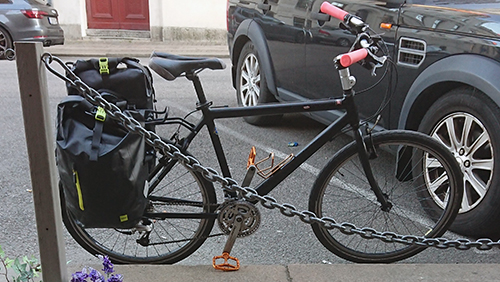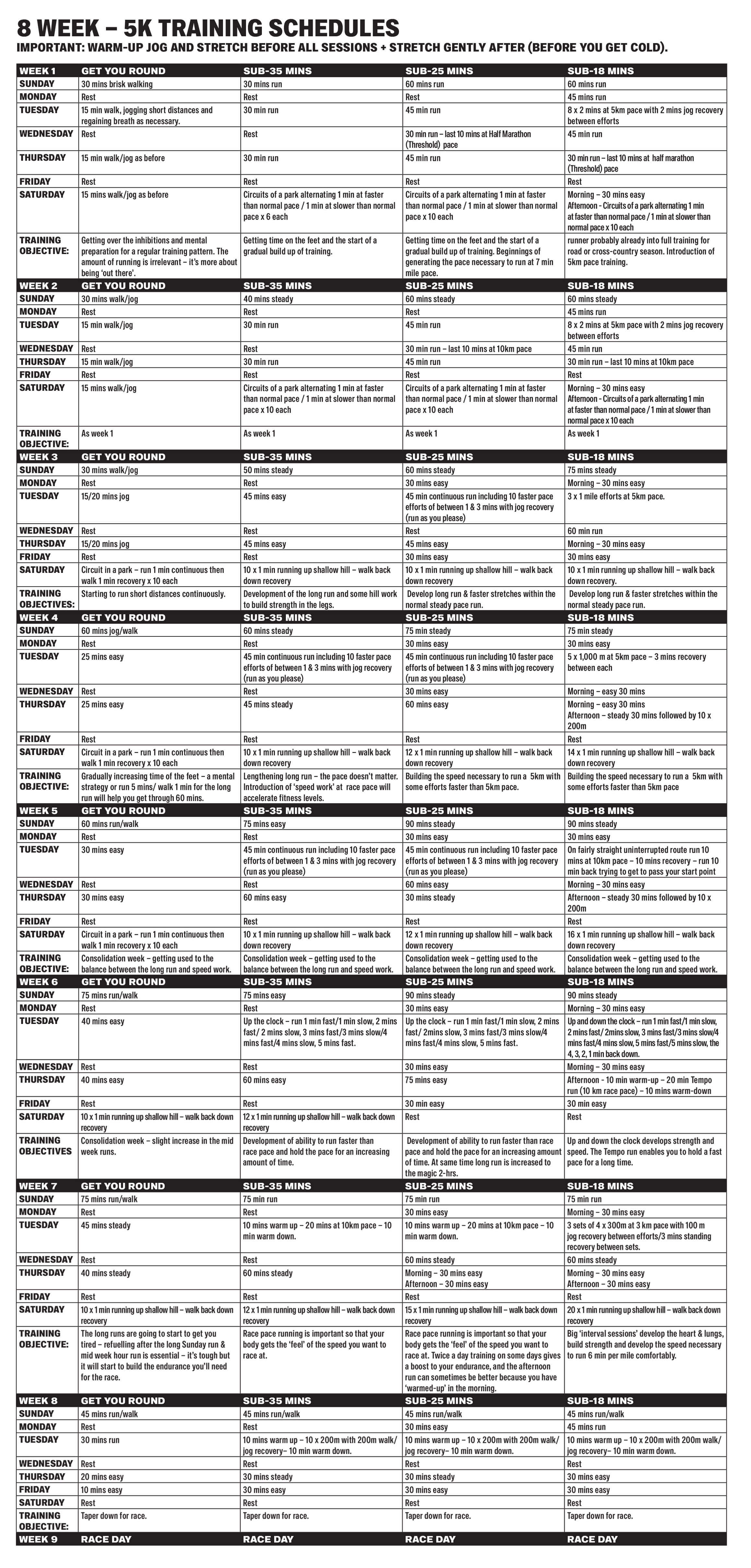
I write this post from many tried and tested methods to integrate a full time desk job with a desire to retain a fully fit and functionally strong body. Having spent 20 years on my feet all day every day at work, I found the transition to a desk job extremely challenging. At the start I could not even sit for more than 1 hour without an aching pain in my buttocks! After some time (about a year) this discomfort eased and I was able to sit for a day, around the same time I began experiencing lower back pain. Flashbacks of my clients complaining about lower back pain over the previous 2 decades popped into my mind and I realised I had gone from someone whose body was not subjected to the physical restrictions that modern life and work choices brings to someone that very definitely was….and in an amazingly short period of time.
I then tried all sorts of training schedules and styles in order to regain what I had lost which was predominantly functional strength and a decent fitness level. What ended up becoming a sustainable pattern for me combines an active living approach with sessions I dedicate to exercising. I ride my push bike (pictured) into work every single day (5 miles) come rain or shine (having invested in some Gortex waterproofs!); I aim for speed without stopping. I go straight to the gym and workout for an hour predominantly weight lifting except for one weekly HIIT session I put in on a day that I feel energetic! After work I ride home for food and maybe to tie up some work hanging over from the day. I try and get out every evening after this; I will take my mountain bike out alone or with friends or go to my local indoor climbing centre for a couple of hours. These types of fun, social sessions are best for me at this time of the day since I’m tired and it’s often dark and wet/cold so it takes something like this to get me out of the house. Of course once I’m riding around in the woods feeling alive and connected to the earth doing what I love, the thought of sitting on the sofa seems like a crazy alternative.
Weekends are a mixture of active and relaxing activity but intentionally without the routine of the week. The result has been that I have returned to pre desk job fitness and strength levels and I feel that both my brain and body are fuelled in an equal way. Of course I realise that having kids would make this much harder but not impossible if motivated enough….the key message here is that I encourage you to find something that works for you. If it means getting up earlier, preparing bags/food the day before, getting bike tyres pumped or climbing wall sessions booked it will all be worth it once you are in the groove – you really can have it all!!


